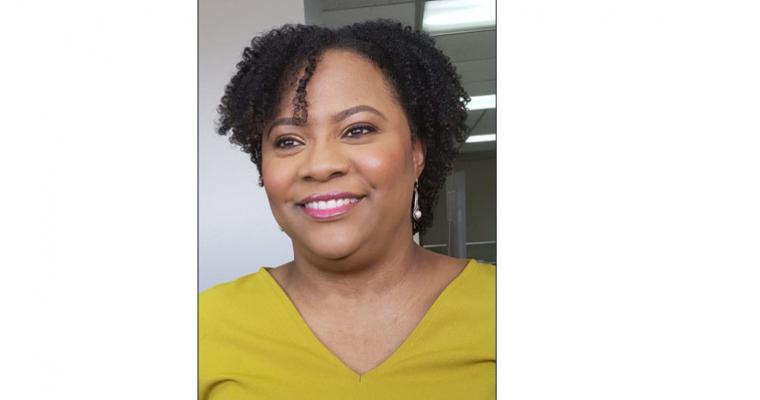
Congrats to our SALISES MPhil student Tania Chambers on her recent publications:
"Pivoting in a Pandemic: Virtual Hearings, Vulnerable Witnesses and the Journey Toward a More Therapeutic Caribbean Court" in: Journal of Developing Societies, Volume 39, No. 4 (2023): 445-467.
Abstract
In the global judicial response to COVID-19 restrictions, virtual hearings were expanded beyond special accommodations for children and vulnerable witnesses to facilitate a range of court proceedings. Not much is known about the phenomenon in Caribbean contexts. As a result of this gap, the current study analyzes content from Practice Directions issued by Supreme Courts in Jamaica, Trinidad and Tobago, and the Eastern Caribbean from 2020 to 2022. It identifies patterns in the rules surrounding virtual hearings and their relevance to the vision of a more therapeutic Caribbean court. Results indicate that in generalizing virtual hearings, witness needs are not adequately addressed. Read more ...
“A Situational Analysis of the Participation of Child Witnesses in Jamaica’s Justice Sector—Opportunities Emerging from the Pandemic Response” in: Social and Economic Studies, Volume 71, Nos. 3&4 (2022): 140–172.
Abstract
Through legislation and support services, Jamaica’s justice system has attempted to facilitate children’s participation as witnesses by making rights-friendly modifications to pre-trial and trial processes. Nonetheless, the overall framework for the engagement of child participants in the justice sector has remained grounded in a welfare model, with key gaps in the fulfilment of child witnesses’ participation rights. The COVID-19 pandemic brought significant adjustments to court processes, including the use of technology to support virtual hearings and remote participation in selected court proceedings. While these changes were designed to facilitate social
distancing, they carry the potential for long-term and broad-based impact on the court’s capacity, through the use of technology, to facilitate the participation of children, amplify their voice in the trial process, and contribute to a more therapeutic outcome. This article seeks to explore these dynamics, highlighting the key legislative, policy, and programmatic factors that could enable future change. Read more ...



